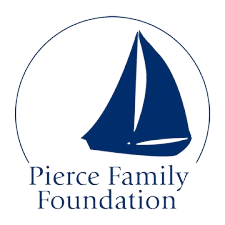The Pierce Family Foundation’s Chief Technologist, David Krumlauf, was a panelist for a recent training offered by Idealware: “How to Get Your Technology Funded: Tips from Grantmakers.” David was one of four panelists whose foundations make grants for IT projects. David answered questions from nonprofits such as:
- How does technology fit into your overall funding priorities? How did this become an area of focus for you or your organization?
- In general, what makes a tech proposal compelling? What are some of the key elements of success?
- What types of expenses do you typically see in a tech proposal? Consultants? One-time expenses? Ongoing costs? Staff?
- From your perspective, what holds foundations back from funding technology? What can nonprofits/grantees do about this?
We know that technology is a key part of nonprofit success, not just a nice “extra.” PFF is pleased to be a leader in encouraging this type of funding.

